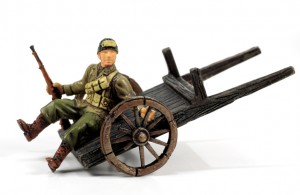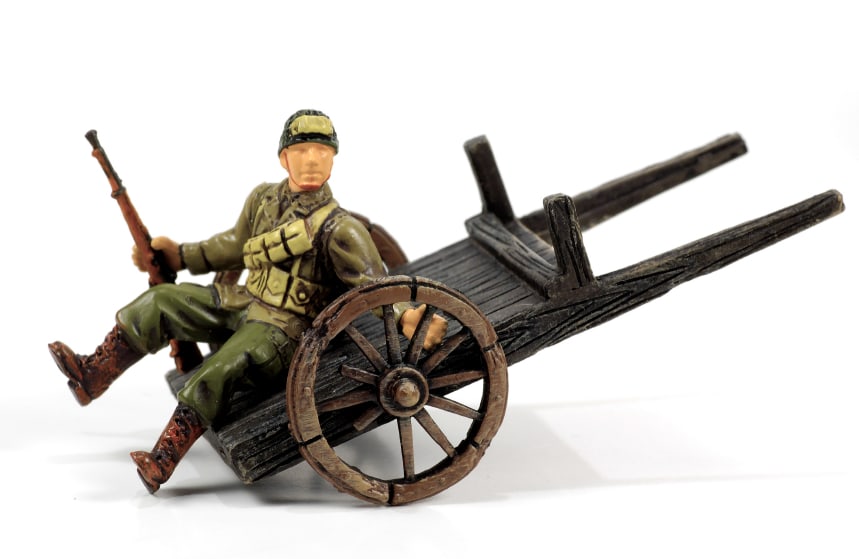 The big news two weeks ago was the word “knaidel” in the National Spelling Bee. Should it be kneidel, knaydl, knaydel? People were really up in arms over this! (Personally, I prefer kreplach, so the whole issue is moot to me.) True, there are no standardized transliterations for Yiddish words but if Webster likes knaidlach more than kneydlach, it’s no skin off mine.
The big news two weeks ago was the word “knaidel” in the National Spelling Bee. Should it be kneidel, knaydl, knaydel? People were really up in arms over this! (Personally, I prefer kreplach, so the whole issue is moot to me.) True, there are no standardized transliterations for Yiddish words but if Webster likes knaidlach more than kneydlach, it’s no skin off mine.
This past week, the big scandal was Israeli bourekas. There, the Chief Rabbinate issued a set of guidelines for the shape of pastries. In this way, consumers can easily tell a crescent-shaped dairy rugelach from a straight parve rugelach. Now, I hate government paternalism as much as the next guy – let people buy 500-ounce sodas for all I care! – but I was having trouble mustering any ire about this rule since it’s kind of already Jewish law.
One should not bake bread with milk or with animal fat; if he does, the loaf must be in a distinctive shape so that people will recognize that it’s dairy or meat, not parve. That’s a basic law of kashrus. (You can read it in the Shulchan Aruch or here, in OU Torah’s HaShoneh Halachos.) So a kashrus agency enforcing a law of kashrus doesn’t exactly scream anything insidious to me.
I saw real ire last Pesach. Two things had people going nuts then. The first was the status of quinoa, which some people eat on Pesach and others do not. Why is this a point of contention? Some people eat rice and beans on Pesach; others don’t. Some people eat matzah balls on Pesach; others don’t. Some people only eat vegetables that can be peeled on Pesach! Why should a difference of opinion over quinoa tear us apart? If I eat it and you don’t, I won’t serve it to you! If you don’t want to eat at my house until after Pesach, no offense taken! I won’t eat at your house during Pesach if you serve corn and peas, so I hope you won’t take offense, either!
A surprising amount of bile was reserved for “schlissel challah.” This is a custom to bake a key in a challah on the Shabbos following Pesach. I have no idea why this custom has gained popularity in recent years but it doesn’t offend me one way or the other. I actually read people ranting online that customs like this were “destroying the religion!” Really? Apparently, some people are concerned that if doing so becomes mainstream, they will be looked down upon for not doing so. Honestly, I have trouble seeing rioting in the streets and religious schisms forming over whether or not someone chooses to bake a key in a bread. Is this a big topic of conversation in most circles? I guess one could refrain from inviting guests with opposing “schlissel” customs on the Shabbos after Pesach, but I really don’t think most people care enough to summon religious zeal on this matter. (I didn’t grow my sons’ hair until their third birthdays, as many do. If anyone asked, I said, “It’s not my minhag.” Nobody got righteously indignant over that and it’s way more visible than whether or not my wife bakes a key in a bread.)
These are the things people are getting upset over? Aren’t there any real problems in life?
I always like when Lindsay Lohan or Brittany Spears is the top news story. Not because I care about celebrity gossip (which I don’t) but because if Amanda Bynes is important today, that means that there’s no Columbine, 9/11 or Intifada going on. A slow news day is a great thing. If I care about Governor Christie’s lap-band surgery, that means there’s no Hurricane Katrina to talk about. If I have time to care about what Justin Bieber writes in the Anne Frank House guest book, it means there’s no Boston Marathon bombing or Sandy Hook elementary.
By the same token, if people have the time to get upset over kneidlach (or however you want to spell them), I guess it’s a sign that there aren’t bigger problems in the world.
Except, you know, there are.
I don’t know if you’ve noticed, but the Middle East situation is still kind of a mess, and we have a few kinks to work out on the home front, as well. I guess most people don’t think they can solve Syria or homeland security but bourekas? That they can do something about!
It’s okay. We can get wrapped up in the little things so long as we remember that they’re the little things.
I was at the World Trade Center on September 11, 2001. That’s a Big Thing. I was trapped in a building on Water Street for several hours after the towers collapsed and I was evacuated on foot over the Manhattan Bridge. People on the Brooklyn side provided evacuees with water, chairs, and bathroom facilities. No one asked us if we ate quinoa on Pesach.
Hurricane Sandy was another Big Thing. My neighborhood was without power for two weeks. We were effectively trapped with no public transportation services and a gas crisis. (Remember the fuel rationing? It wasn’t that long ago!) People sent the community supplies and food from near and far. No one asked if we baked keys in our challahs.
These are just my personal experiences but they are not exhaustive. The organizations that sent supplies to victims of the Oklahoma tornado did not specify boureka shapes as a criterion for aid.
Arguing over little things is a luxury. It’s okay to indulge once in a while. But when push comes to shove, we have to remember what’s important. If you can keep a sense of perspective and put differences aside when called for, then feel free to kvetch away now and then. We get it; it’s cathartic. Just don’t make non-issues into real issues. They are not “destroying the religion.” The religion is doing just fine, occasional differences of opinion notwithstanding, thankyewverrymuch.
Me? I’m going to go have some bourekas and see what Lindsay Lohan has been up to lately.
The words of this author reflect his/her own opinions and do not necessarily represent the official position of the Orthodox Union.



